详细说明
Purity
>95%, by SDS-PAGE under reducing conditions and visualized by Colloidal Coomassie® Blue stain
Activity
The lysine residue utilized for Ubiquitin chain formation is functionally important. Ubiquitin lysine to arginine mutants are ideal for investigating biological processes involving a particular Ubiquitin chain linkage. Recombinant Human His6-Ubiquitin Mutant K29R prevents the formation of K29-linked Ubiquitin chains. Reaction conditions will need to be optimized for each specific application. We recommend an initial Recombinant Human His6-Ubiquitin Mutant K29R concentration of 0.2-1 mM.
Source
E. coli-derived
Accession #
UM-HK29R |
| |
Formulation Lyophilized from a solution in HEPES. | ||
Shipping The product is shipped at ambient temperature. Upon receipt, store it immediately at the temperature recommended below. | ||
Stability & Storage: Use a manual defrost freezer and avoid repeated freeze-thaw cycles.
|
Background: Ubiquitin
Ubiquitin is a 76 amino acid (aa) protein that is ubiquitously expressed in all eukaryotic organisms. Ubiquitin is highly conserved with 96% aa sequence identity shared between human and yeast Ubiquitin, and 100% aa sequence identity shared between human and mouse Ubiquitin. In mammals, four Ubiquitin genes encode for two Ubiquitin-ribosomal fusion proteins and two poly-Ubiquitin proteins. Cleavage of the Ubiquitin precursors by deubiquitinating enzymes gives rise to identical Ubiquitin monomers each with a predicted molecular weight of 8.6 kDa. Conjugation of Ubiquitin to target proteins involves the formation of an isopeptide bond between the C-terminal glycine residue of Ubiquitin and a lysine residue in the target protein. This process of conjugation, referred to as ubiquitination or ubiquitylation, is a multi-step process that requires three enzymes: a Ubiquitin-activating (E1) enzyme, a Ubiquitin-conjugating (E2) enzyme, and a Ubiquitin ligase (E3). Ubiquitination is classically recognized as a mechanism to target proteins for degradation and as a result, Ubiquitin was originally named ATP-dependent Proteolysis Factor 1 (APF-1). In addition to protein degradation, ubiquitination has been shown to mediate a variety of biological processes such as signal transduction, endocytosis, and post-endocytic sorting.
Entrez Gene IDs:
7314 (Human); 298693 (Rat)
Alternate Names:
RPS27A; UBA52; UBB ubiquitin B; UBB; UBC; Ubiquitin







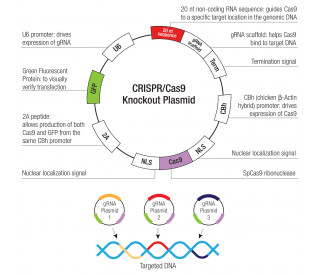
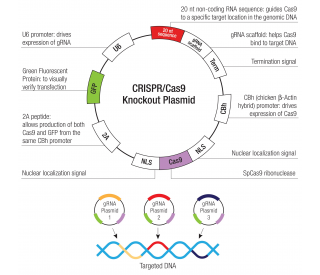
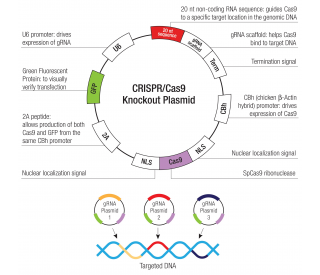
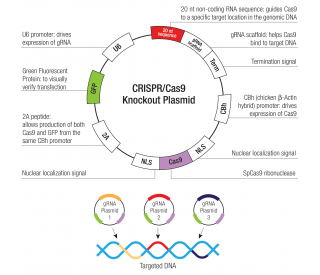
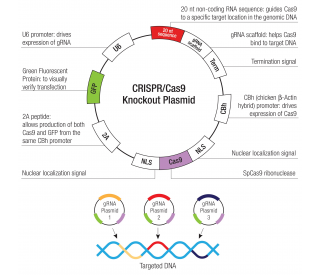
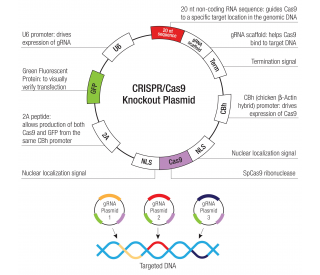



 粤公网安备44196802000105号
粤公网安备44196802000105号